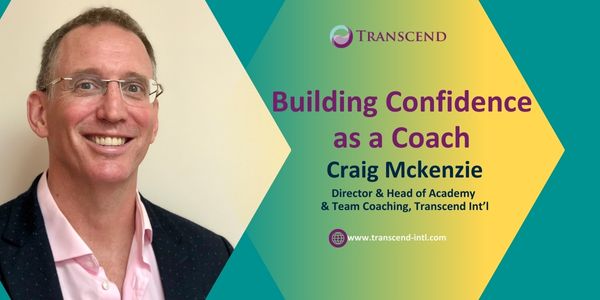I have summarised some quick highlights of our talk and please look for the paper that supports our methodology, which will be published soon. We would also be excited to have a conversation about how we work with individuals and organisations.
- Bias is hard wired into our operating systems
- Bias is not bad or good. It depends.
- The journey to transforming bias begins with a desired outcome state
For such deeply wired patterns as cognitive biases, we need to help the client to construct a highly meaningful vision of a desired outcome state that can act as a beacon for the clients attention in what we call the “moment of choice”.
Some examples of desired outcome states in relation to “in and out group” bias are:
- I am aware of my behaviours and how they might impact on outcomes I desire
- I am aware how my biases may give rise to behaviours that limit my progress / my potential
- I want to develop the ability to see similarity rather than difference
Once we co-create meaningful desired outcome states then the process of transformation continues with developing what is needed to make progress toward durable change. In our experience this works best through an exploration and then intentional cultivation of the 4 balances.

Attentional Balance – Calm, clear, effective, “serviceable mind”.
Motivational Balance – Knowing what is really important. Creating goals that inspire “movement” in a moment of choice.
Cognitive Balance – Seeing things as they are without conflation or distortion.
Emotional Balance- Feeling, rather than being, emotions.
The goal of this process is to create a track (Desired Outcome State) and then work with clients to develop the capabilities and competencies to consistently and successfully stay “on-track” until the Desired Outcome State becomes default behaviour.
This is an incredibly brief summary of a short presentation of a complex and long term process. Hopefully, you will be inspired and also have a lot of questions emerging in your mind.
There will always be bias… and it can be transformed to be in service of our goals… and we can learn to adapt our behaviours in moments of choice so that we will act in ways that lead to desired outcomes for us and others and society.
Related Posts
Team Coaching Skills for Team Leaders

Team leaders are increasingly required to deliver results through teams…




